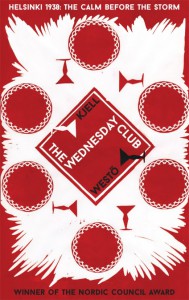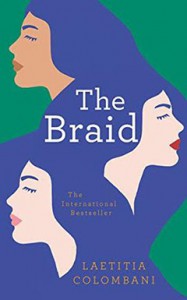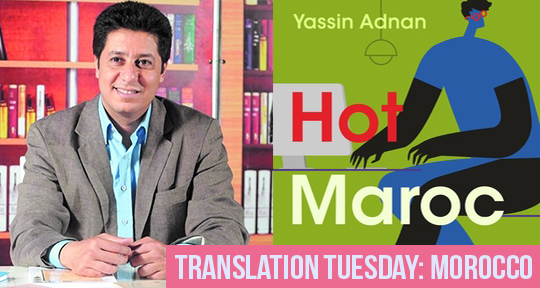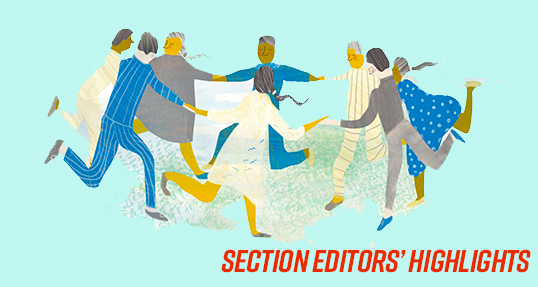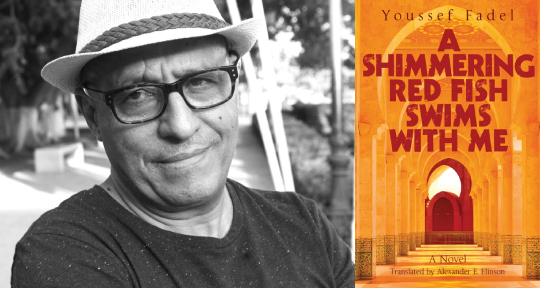In the first part of this essay, Alex Tan discussed Arab texts that anticipate their own reception in translation or as world literature, and how Mohamed Choukri and Abdellah Taïa—in For Bread Alone and Salvation Army—desacralise the languages of Classical Arabic and French respectively. Here, the discreet elements of these two “autobiographical” works are further analysed, in order to understand how a self can be written into existence amidst erasure, shame, and even the savagery of love.
“All of us already wanted to forget our past, forget last night,
forget the troubles that brought us here and couldn’t be shared no matter who asked.”
—Abdellah Taïa, Salvation Army (tr. Frank Stock)
“And So I Felt Ashamed”: An Affective Education
Caught in between Arabic and Western autobiographical conventions, the works of Mohamed Choukri and Abdellah Taïa narrate points of silence to enact the difficulty of speaking as oneself. Whereas the Arabic tradition is associated with a concealment of the shameful and a preference for collective voices, the Western takes pride in confessing the abject and centering the individual’s coming-of-age. In negotiating one’s place within the collective, the self-portraits in Choukri’s and Taïa’s work inevitably confronts a culture that, to secure deference to authority, forbids people from thinking as individuals.
Both texts are abundantly punctuated with moments of non-verbal expression amidst Moroccan society’s conspiracies of silence. In Salvation Army, the parents of Taïa’s narrator—also named Abdellah—have a “preferred language” of “sex”; here, the father’s silence conveys his desire. Less benignly, Choukri’s surrogate, Mohamed, in For Bread Alone ironises his father’s draconian assertions by addressing him “without speaking”: “O Khalifa of Allah on earth.” Left unelaborated, this phrase evokes the quiet imaginative gestures that the author performs as a mode of survival—as it is known only to himself. It mirrors the larger vocabulary of violence that saturates the book, such as when his father speaks “only in shouts and slaps,” a dialogue of abuse which forms their exclusive mode of interaction.
The narrator grows to be adept at reading signification into embodied cues, like those of Yasmina and an unknown young man whose “eyes tell me” he “wanted something”—the language remaining vague as if to re-enact the man’s reticence. A European woman, catching Mohamed “staring” at her handbag, similarly communicates with “her eyes.” They “seemed to be saying: Aren’t you ashamed? And so I felt ashamed.” The woman’s eloquent silence performs an affective education: Mohamed learns how a white person views someone of his class and race, and realises where and when he should feel shame. Yet in giving language to these moments, Choukri displaces the locus of shame from the personal to the systemic. READ MORE…





